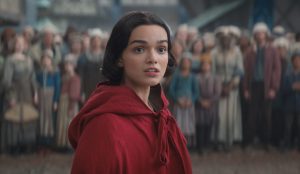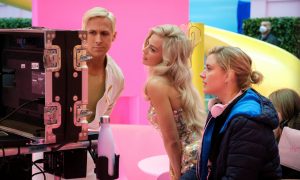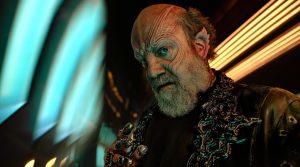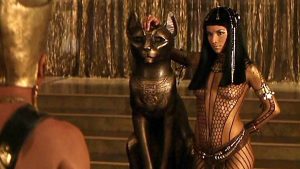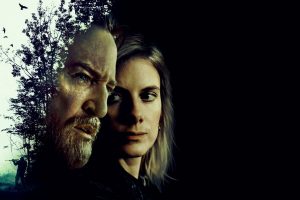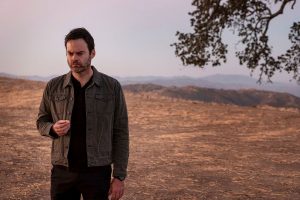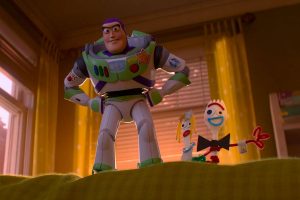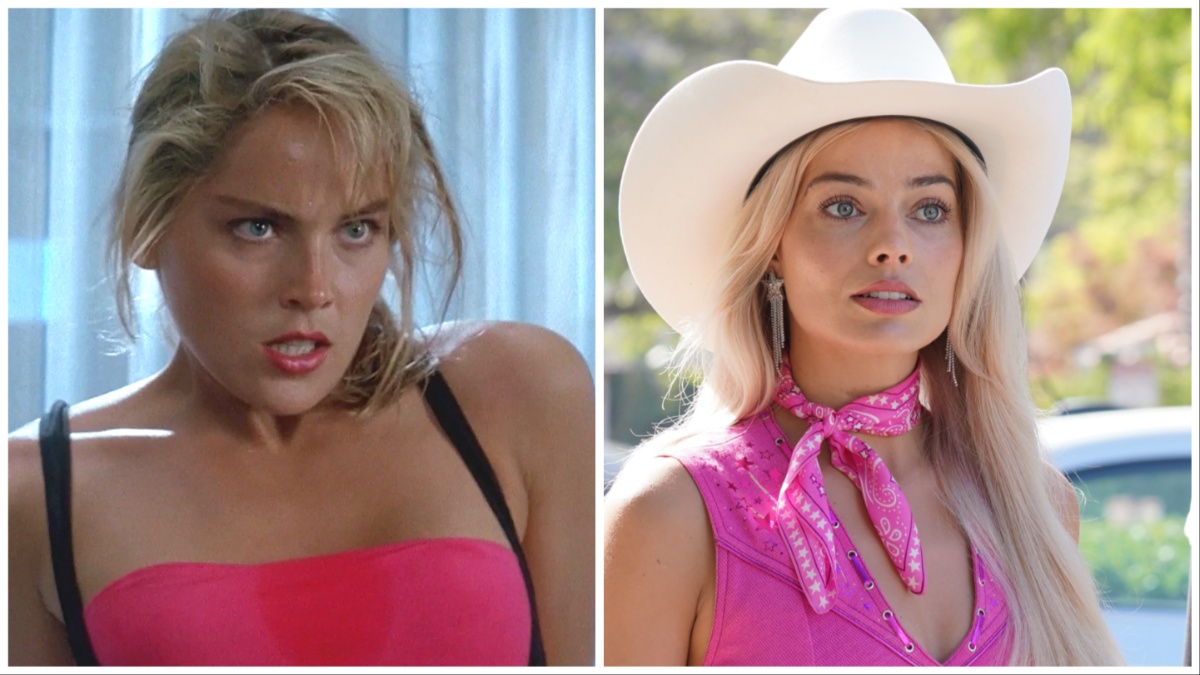
Barbie remains the biggest Hollywood success story of the past year. A union between a beloved Mattel toy brand and the director of Little Women and Lady Bird, there’s a reason star and producer Margot Robbie pitched the combination as comparable to Steven Spielberg and dinosaurs. What you have here is a subject matter that generations of audiences grew up on and an auteur director bringing it to life in a fresh and exciting way. In 2019, Warner Bros. saw Robbie and Greta Gerwig’s vision, much to the studio’s reward four years later.
However, there was a time when such a pitch wouldn’t have been accepted, no matter who the director was. In fact, Sharon Stone revealed in a recent social media post that she could not even get studio executives to entertain the basic idea of a Barbie movie during the 1990s.
While commenting on an Instagram post by Barbie co-star America Ferrera, which featured Ferrera’s acceptance speech at the Critics Choice Awards, Stone revealed her own disheartening pitch story for Barbie back in the Clinton years.
“I was laughed out [of] the studio when I came [with] the Barbie idea in the 90s [with] the support of the head of Barbie,” Stone said in an IG post. “How far we’ve come. Thank you ladies for your courage and endurance.”
Stone was not the only actress unable to get a Barbie movie made. Amy Schumer and Anne Hathaway were famously both attached to the intellectual property in the 2010s over at Sony before the IP wound up with Robbie’s production company LuckyChap Entertainment. Nonetheless, the fact that Stone could not even gain momentary studio interest in the idea of a Barbie picture provides a telling contrast for the industry, then and now—and by extension a window into the evolving values of our monoculture.
Throughout most of the 1990s, Sharon Stone was considered one of the biggest movie stars in the world—and certainly among the most objectified and sexualized. She famously alleged on multiple occasions that director Paul Verhoeven tricked her into doing full frontal nudity in Basic Instinct, a charge Verhoeven continues to deny. The aftermath of that movie, however, was Stone becoming a major star. And yet, she was essentially typecast into the femme fatale role wherein she would often vamp, disrobe, and be punished at the end.
Notably the one film she produced in the ‘90s was her own star vehicle, The Quick and the Dead (1995). That revisionist Western from Sam Raimi saw Stone play a Clint Eastwood type who was not objectified at all. Instead she took what she wanted from the likes of Russell Crowe and a baby-faced Leonardo DiCaprio. The movie was also a flop and the following year she was in another sensual thriller, Diabolique.
None of which is to say that Stone was not respected at the time. In 1996 she received an Oscar nomination for Best Actress after appearing in Martin Scorsese’s Casino where she played a showgirl-turned-unfaithful mafia wife. Yet her career was clearly boxed in by how almost entirely male producers and male-run studios perceived her as the “blonde bombshell” in a decade with virtually no women directors leading major studio projects. The ones who did were either directing romantic comedies or were not making “women’s pictures” (which is to say movies starring women), a la Kathryn Bigelow’s Point Break.
So to learn that Stone couldn’t get studio heads to take seriously the idea of a Barbie movie in a decade dominated by family entertainment like Toy Story, the Disney Renaissance, or, you know, Spielberg and dinosaurs, is illuminating. Especially since Robbie’s career shares a few overlaps with Stone, including how she got a lot of critics’ attention by starring as a bombshell wife of dubious loyalty in a Martin Scorsese picture: 2013’s The Wolf of Wall Street. But Robbie was able to carve out a niche as both a star and producer that’s allowed her to experiment in a variety of films and genres, including getting a studio to make a Barbie movie that low-key acts as an Intro to Feminism 101 seminar.
In a certain sense, it does suggest demonstrable progress has been made in a culture that has undergone a kind of reckoning with the #MeToo movement, which saw Hollywood at the epicenter of its beginnings in 2017. Still, the fact Robbie had to encourage executives to be brave about making Barbie, even as some executives at Mattel apparently cringed at the “gynecologist” joke, suggests the progress is not nearly as far as we might hope.
The post Sharon Stone’s Unmade Barbie Movie Shows How Hollywood Has Changed Since the ’90s appeared first on Den of Geek.

